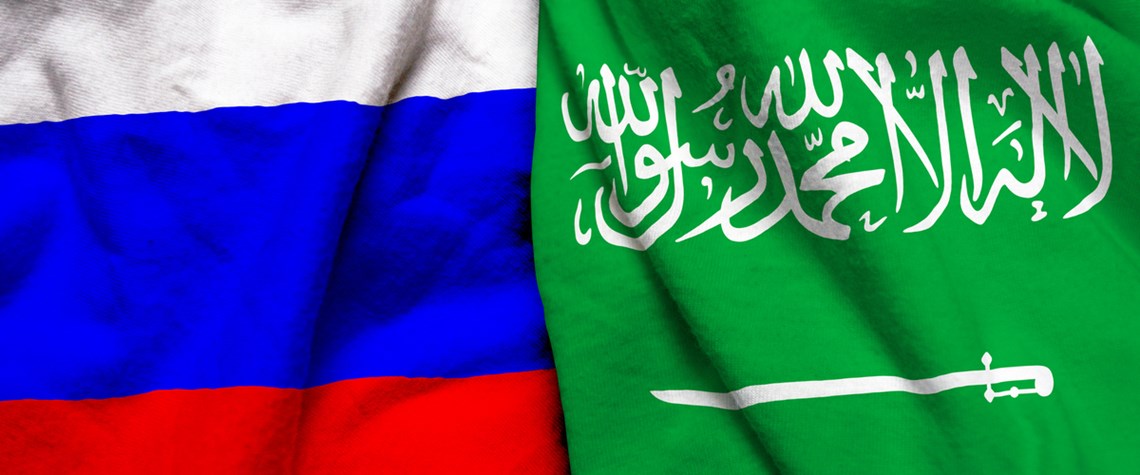Russia’s hand: weaker than it seems
The devaluation of the rouble has been seen as insulating Russia during any sustained price war. But it may not be sitting as comfortably as thought
That Russia, and indeed Opec members, seriously underestimated the demand-side impact of Covid-19 when they walked away from the negotiating table in March and committed to unconstrained supply is beyond question. But the received wisdom that Russia—due to currency weakness better supporting its margins while the dollar price of oil falls—is better placed to weather a drawn-out battle of attrition may be less clear-cut. And it may influence Moscow’s negotiating position tomorrow. When it walked away last month, Moscow believed it had the coronavirus outbreak under control and hoped that the world—or at least the parts that generate the most oil demand—did too. It was wrong. Now Russian presi

Also in this section
18 February 2026
With Texas LNG approaching financial close, Alaska LNG advancing towards a phased buildout and Magnolia LNG positioned for future optionality, Glenfarne CEO Brendan Duval says the coming year will demonstrate how the company’s more focused, owner-operator approach is reshaping LNG infrastructure development in the North America
18 February 2026
The global gas industry is no longer on the backfoot, hesitantly justifying the value of its product, but has greater confidence in gas remaining a core part of the global energy mix for decades
18 February 2026
With marketable supply unlikely to grow significantly and limited scope for pipeline imports, Brazil is expected to continue relying on LNG to cover supply shortfalls, Ieda Gomes, senior adviser of Brazilian thinktank FGV Energia,
tells Petroleum Economist
17 February 2026
The 25th WPC Energy Congress, taking place in Riyadh, Saudi Arabia from 26–30 April 2026, will bring together leaders from the political, industrial, financial and technology sectors under the unifying theme “Pathways to an Energy Future for All”







